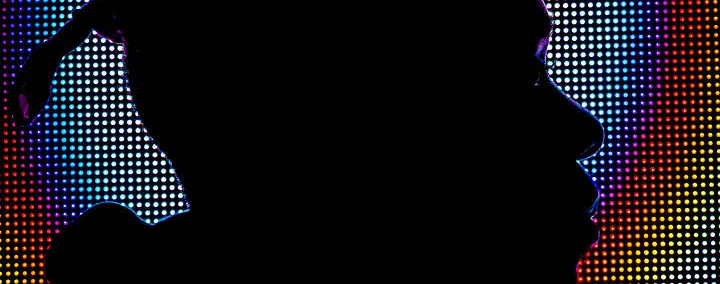Source: Medium.
Art and technology have always had a symbiotic relationship. From the earliest cave paintings to the latest digital installations, technology has played an important role in shaping the way we create and experience art. In this article, we will explore the role of technology in art, how it has evolved, and how their relationship will continue to evolve in the future.
The role of technology in art has always been to push the boundaries of creativity and to help artists realize their visions. Early technological advancements such as the invention of the paintbrush and canvas enabled artists to create works of art that were previously impossible. The printing press allowed art to be reproduced and distributed on a mass scale, and photography revolutionized the way we capture and document the world around us.
Photo by Bank Phrom on Unsplash
In the 20th century, technology played an even more significant role in art, with the rise of digital art, video art, and installation art. These art forms relied heavily on technology to create and present works that were immersive and interactive, blurring the lines between art and technology.
Photo by SIMON LEE on Unsplash
The relationship between art and technology has evolved significantly over time. In the past, technology was seen as a tool for artists to use in their creative process. However, as technology advanced, it began to play a more prominent role in the creation and presentation of art.
With the rise of digital art, artists began to explore the possibilities of technology in new and exciting ways. Digital tools such as Photoshop and 3D modelling software allowed artists to create works that were impossible to create using traditional media. Similarly, video art and installation art used technology to create immersive experiences that were not possible with traditional art forms.
Photo by Maxim Tolchinskiy on Unsplash
As technology continues to evolve, the relationship between art and technology will likely continue to evolve as well. Augmented and virtual reality technologies, for example, are already being used in art to create immersive experiences for viewers. In the future, we can expect to see more artists using these technologies to create works that are even more immersive and interactive.
The future of art and technology is exciting and full of possibilities. As technology continues to advance, we can expect to see new and innovative ways for artists to create and present their work. Virtual and augmented reality technologies will play an increasingly important role in art, allowing artists to create immersive experiences for viewers.
Photo by Uriel Soberanes on Unsplash
Another area where technology is likely to have a significant impact on art is the field of artificial intelligence. AI has already been used to create works of art, and as technology continues to evolve, we can expect to see more artists using AI in their creative process.
Photo by Owen Beard on Unsplash
Finally, blockchain technology is also likely to have a significant impact on the art world. Blockchain technology can be used to authenticate artworks and track their ownership, making it easier for artists to sell their work and for buyers to verify its authenticity.
Photo by Shubham Dhage on Unsplash
The relationship between art and technology has always been close and will continue to evolve in the future. Technology has played an important role in shaping the way we create and experience art, and as technology continues to advance, we can expect to see new and innovative ways for artists to create and present their work. The future of art and technology is exciting, and we can look forward to seeing how these two fields will continue to evolve and intersect in the years to come.








